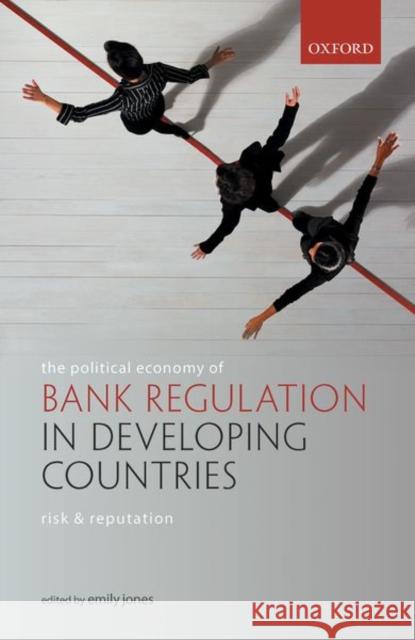The Political Economy of Bank Regulation in Developing Countries: Risk and Reputation » książka
The Political Economy of Bank Regulation in Developing Countries: Risk and Reputation
ISBN-13: 9780198841999 / Angielski / Twarda / 2020
This is an open access title available under the terms of a CC BY-NC-ND 4.0 International licence. It is free to read at Oxford Scholarship Online and offered as a free PDF download from OUP and selected open access locations. International banking standards are intended for the regulation of large, complex, risk-taking international banks with trillions of dollars in assets and operations across the globe. Yet they are being implemented in countries with nascent financial markets and small banks that have yet to venture into international markets. Why is this? The Political Economy of Bank Regulation in Developing Countries: Risk and Reputation explores the politics of banking regulation in eleven countries across Africa, Asia, and Latin America. It shows how financial globalization generates strong reputational and competitive incentives for developing countries to converge on international standards. Politicians, regulators, and large banks in developing countries implement international standards to attract international investment, bolster their professional standing, and further integrate their countries into global finance. Convergence is not inevitable or uniform: implementation is often contested and regulators adapt international standards to the local context. This book contributes to our understanding of the ways in which governments and firms in the core of global finance powerfully shape regulatory decisions in the periphery, and the ways that governments and firms from peripheral developing countries manoeuvre within the constraints and opportunities created by financial globalization.











